What is Big History? Breaking Down Big History
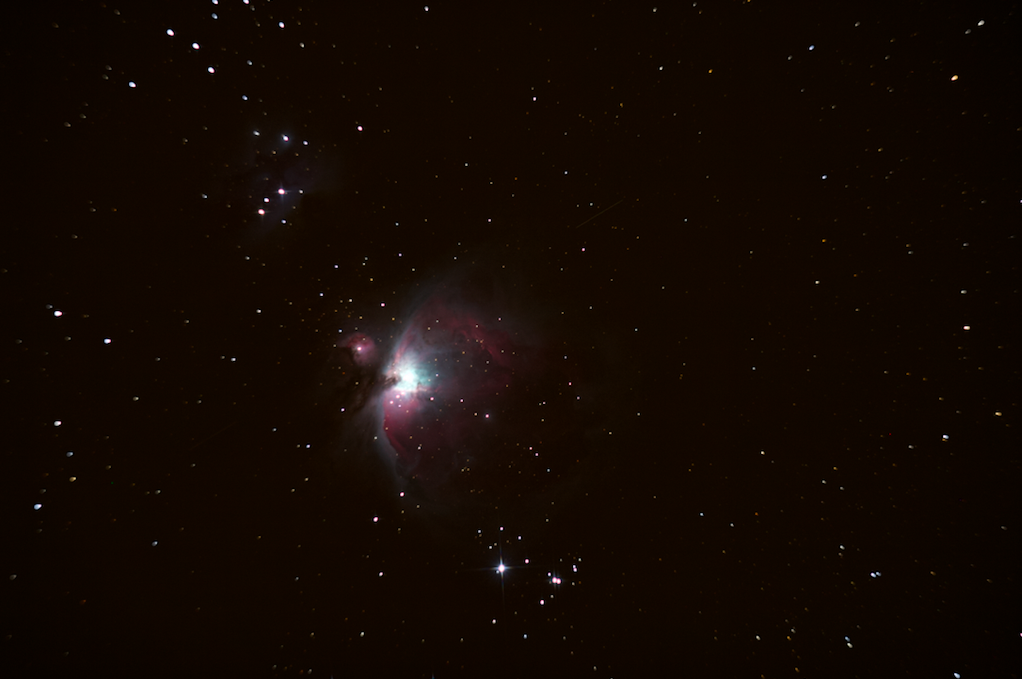
To answer the question of “what is big history?”, we start at the Big Bang. Since the Big Bang, the universe has developed quite a lot, and what has happened since then to bring us to the present is considered Big History.
Here we’re breaking down parts of big history to paint a picture of what it is. To get a better understanding, this post goes in chronological order for the most part.
Disclaimer: This includes a combination of facts and opinions. Much of these facts come from A Short History of Nearly Everything.
Interested in more Science? Check out
- 7 Common Food + Science Questions Answered
- AI + Philosophy: Artificial Intelligence Questions to Consider
- 3 Interesting Ways FOOD and TECHNOLOGY Intersect
Gravity’s Role
You’ve most likely heard of gravity. Maybe you’ve learned its acceleration on Earth is 9.8 meters/sec^2. Or that gravity is what keeps us from floating around. But it has also had huge roles in the universe at large.
Gravity brought structure to our universe. Without it, there would be gas and elements floating around.
Gravity’s role included fusing protons. When stars were formed stars huge energy in them expanded and pushed back against gravity, which shows how essential it was for structure.
The concept of structure is not only gravity’s role but the roles of all the fundamental forces of physics, and how more elements were created.
The 4 Fundamental Forces
Strong force, electromagnetism, gravity, and weak force are four fundamental forces to the creation of the universe. The formation of elements is fundamental to this journey.
Strong force holds protons and neutrons together and electromagnetism bonds atoms.
At first, we had hydrogen and helium, and gravity began shaping the material pulling energy and matter together.
This made the universe grainier and clumpier leading to the large structures – stars and galaxies being formed. That built on complexity – from hydrogen to these large structures.
Free energy: Its source was gravity and free energy brought structure to the initial chaos. Eventually, the Goldilocks’ conditions allowed for the creation of more elements from hydrogen and helium.
What is the Goldilocks condition? The state that Earth is in the perfect location to be able to hold life. It’s not too cold, not too hot, which is largely dependent on its distance from the sun.
Question to Ponder
So many factors came into play when building on the complexity of our universe. Many concepts are intertwined such as free energy and gravity. If you were to take out one aspect, like weak force, could we still have gotten a similar universe? How different would it have become?
Atoms
It’s clear that atoms are important for where we are now. But how can such small things be so important?
Two strengths counteract their weakness:
- the fact that there are so many
- that an atom in itself lives so long it’s essentially forever for us. This allows their useability to be very present.
How it builds up: Two or more atoms make up molecules, and molecules make up elements (like the bond of 2 hydrogens and oxygen creates water) fundamental to life.
Fun fact: Since atoms are so durable (10^35 years), we are made up of atoms that have gone through stars and have been part of people from the past. Atoms almost bond us all together in a way. Essentially, atoms in us have passed through many other beings and matter.
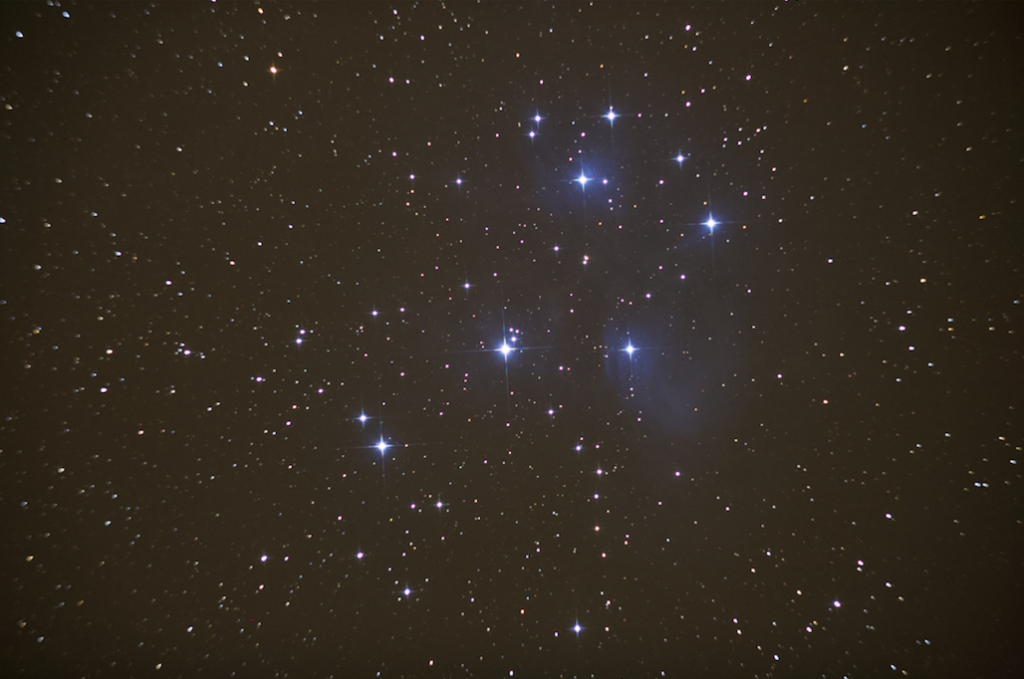
Question to Ponder
The idea that atoms are so small can make one reflect on how constrained scientists are in their studies based on humans’ abilities and points of view. So how are we really able to prove all this?
The Cognitive Revolution
The Cognitive Revolution provided the ultimate advantage and complexity for our species’ evolution as our intellect grew.
Did you know the Neanderthals (extinct human species) were initially smarter? If the Neanderthals were the ones that had the Cognitive Revolution would we even be here?
In many instances, there was a lot of luck involved. We had the right mutations and the conditions of our planet to go through this cognitive revolution. It was much by chance which is insane based on how structured everything seems.
What about the formation of language? It’s clear other animals also have forms of communication. Yet it is not as evolved as ours since we can talk about more complex concepts such as things that don’t exist and write down our history to pass on. In a summarized way, much of our language formation stemmed from our need to gossip.
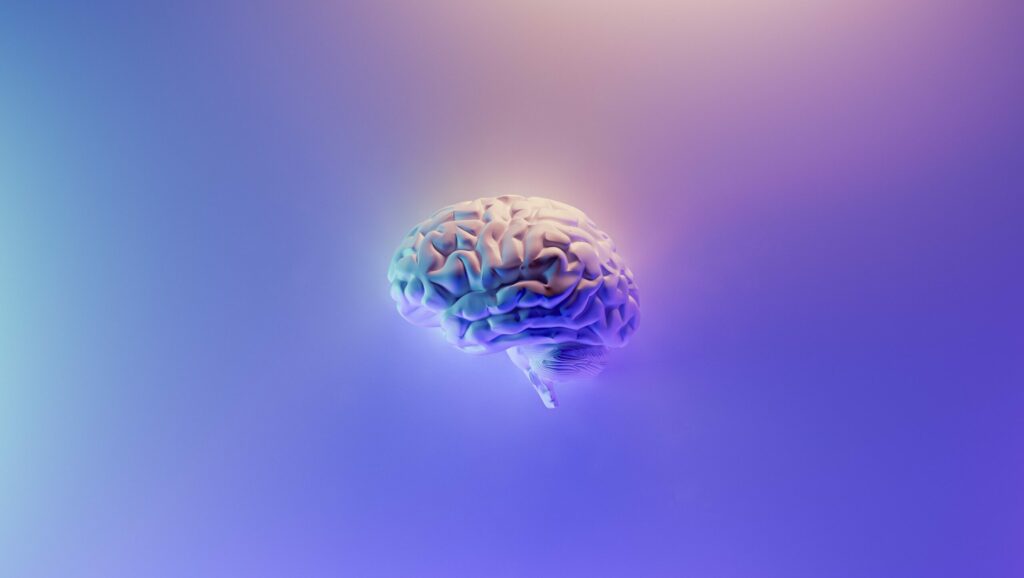
Isn’t it interesting how much we trust strangers? Our social cooperation allows us to have items and products to which we don’t even know who has all contributed. We are so far from the creation of most of the things we have. And most of our stuff is all made by strangers.
We also don’t even realize all the things we trust that are not present in other species’ lives such as money, time, and culture. We created ideas such as religion, some of which go past biological evidence.
All of this combined has allowed us to function as a society that can optimally utilize resources better, and the ability to pass on and share knowledge, which is collective learning.
The Anthropocene
The Anthropocene was the time we generated computers, farm technology, energy, and more industrial products.
Everything in the Anthropocene seems so beneficial. We have computers, energy, new farm technology, fossil fuels, and increasing industry to make life easier, and more. Yet, over time we keep sacrificing more and more.
We’re at the point of the Big History where the increasing complexity is not growing our Earth anymore but returning it back to its initial state – namely nonexistence.
Would a delayed dying of Earth be any better though? Maybe it would have given us more time to come up with better solutions before the point of no return.
Yet, somehow we always find a way to not make things work though they’re supposed to be solutions.
For example, even with the population rise, we had/have enough food for everyone, we just don’t allocate it well.
That’s an indicator that concepts that seem to be beneficial like better farm technology and food, we still can’t turn them into a complete benefit for all of society.
Future
Opinions & Reflection
As much as it’s a pain to say, I think now humans need to own their domination in order to accommodate for their mistakes. If we could’ve changed Earth dying from the beginning I would say be less dominating.
Unfortunately, now we may need to be dominating in order to save the Earth because it has adapted to us. I mean birds, ducks, and domesticated animals are sometimes dependent on us to some level.
I hope that in terms of the universe as a whole, I think our role should result from our reflection on how we have handled the Earth and therefore not continue the damage beyond the planet.
For life at large, we should consider being less dominating and letting other nature take its course more. Maybe with these strategies, we can ensure a long future in a different location in space.
Omitting the urge to make everything more efficient and easy may help because it truly all comes with consequences. Agriculture, technology, and more all resulted in more negatives than positives, because now in the end there’s no going back.


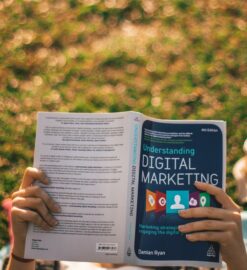
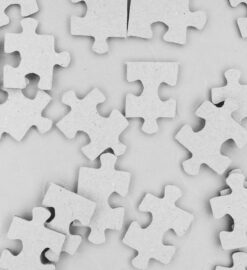
Leave a Reply